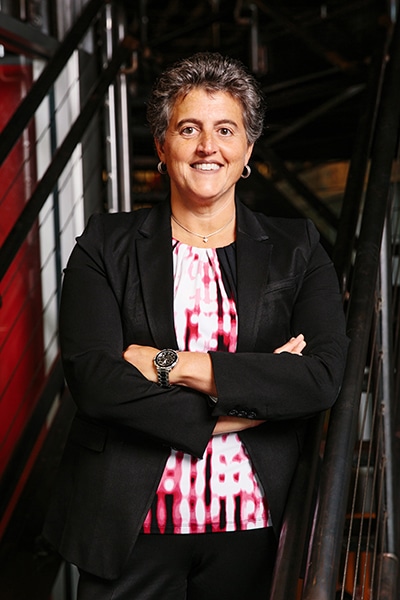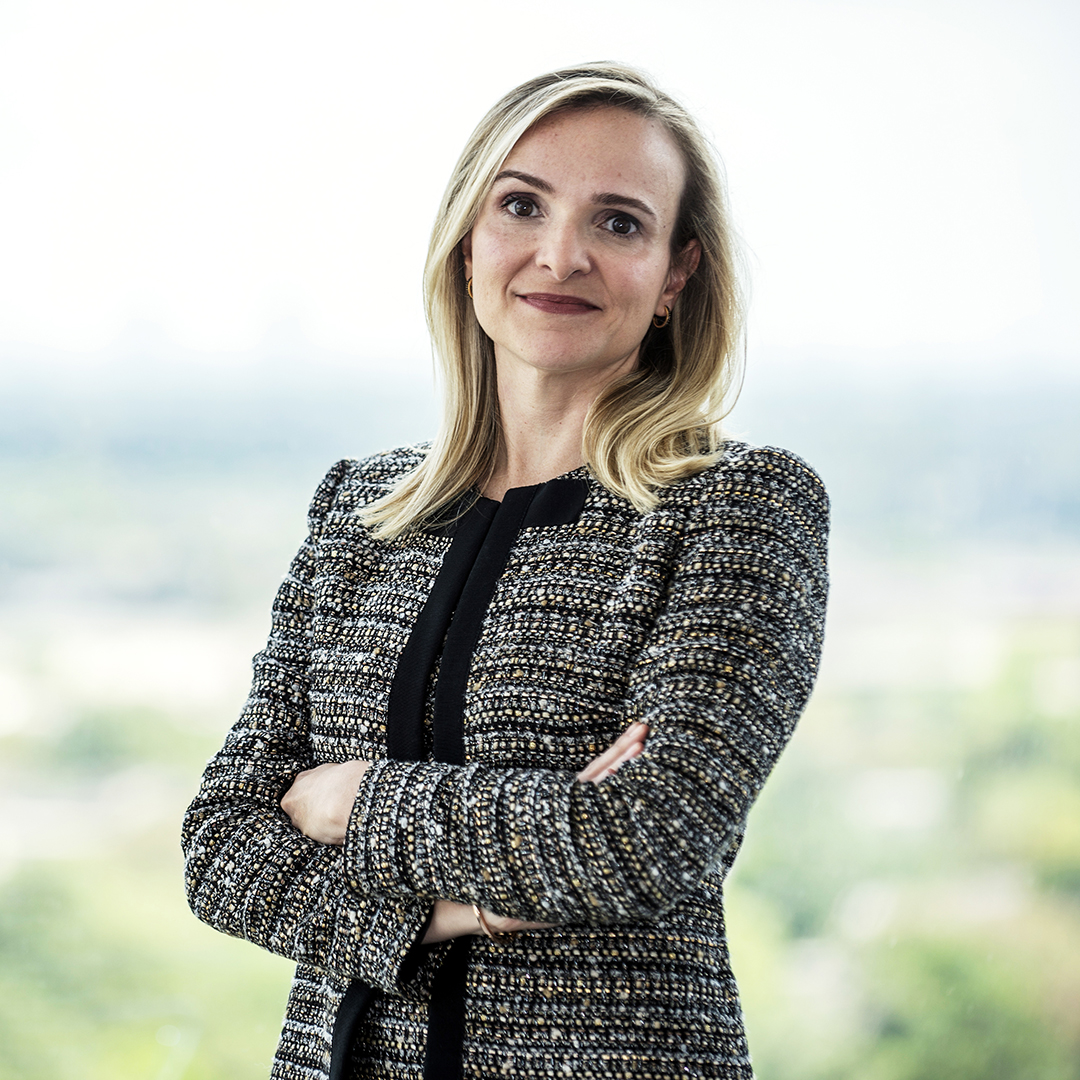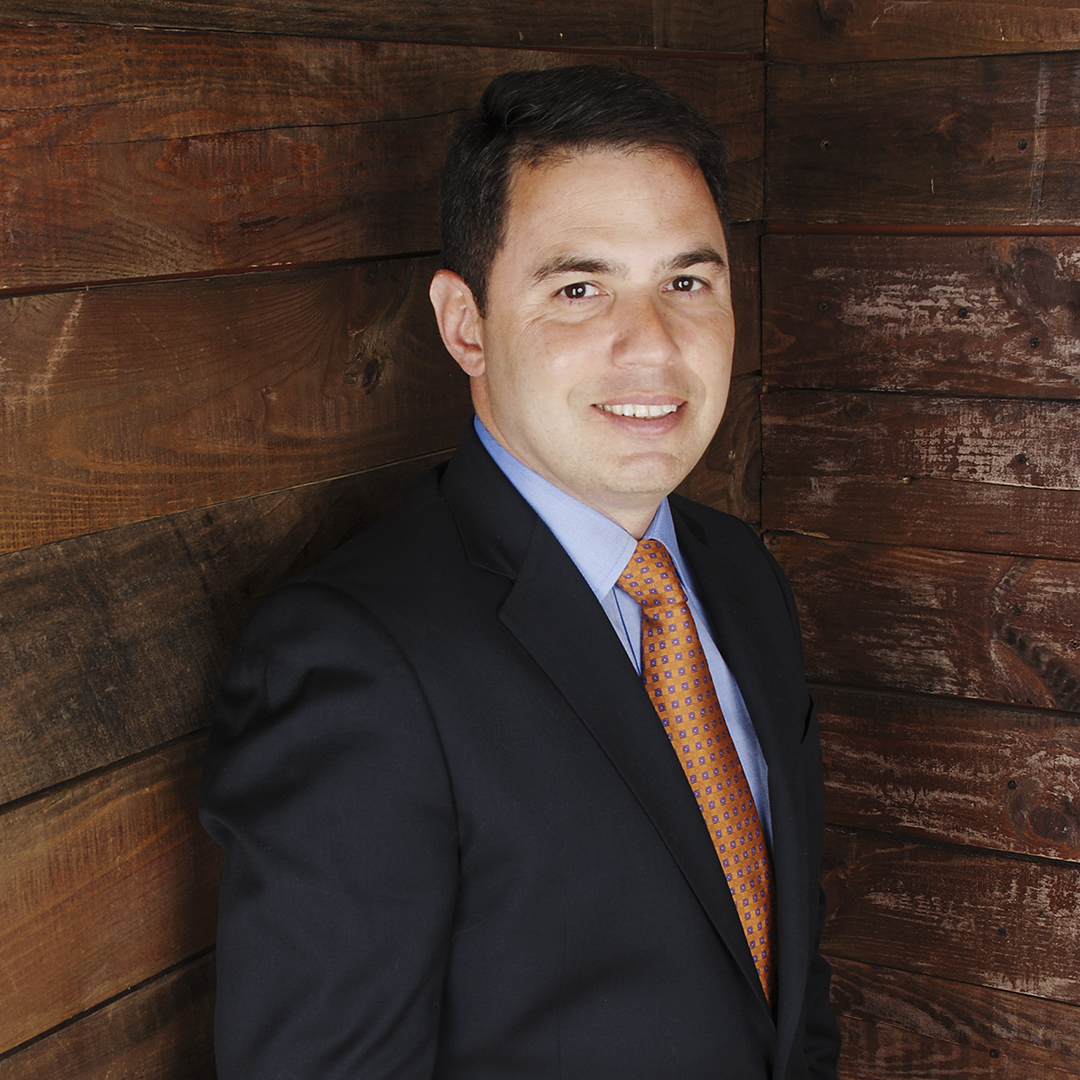“When you get into the practice of law, you get so ingrained in the processes of how we do things,” says Melanie Margolin, senior vice president, general counsel, and corporate secretary at Wabash National, a leading producer of semitrailers, truck bodies, and liquid transportation systems. “You intuitively don’t want to change those processes, but I’ve always found that when I moved into the next level of technology, it’s easier. It makes your life better.”
The general counsel has leveraged a progressive approach to technological adoption with a passion for leadership development and helped Wabash National extensively overhaul several critical law functions, including its retention of outside counsel and alignment of lawyers to the business’s needs.

Margolin says that coming to Wabash National after holding several roles at Cummins helped her develop a sense of how to maintain a consistent perspective of legal’s role as a partner with the business. The Cummins executive team’s deep operational focus and emphasis on creating a culture of true teamwork and respect helped inform the way that Margolin has evolved her team at Wabash National.
It also meant a different approach when taking on her new role. “As a person gets more senior in her career, I think it’s pretty natural to gain more patience,” Margolin says. “In my earlier years, I would have wanted to change the way we do everything in legal right away.”
Instead, Margolin says she decided to step back and observe. “For the first sixty days, I got to know the people and started to learn the business. I assessed my legal team; I looked at the work that they were doing and how they were getting all of that work from the business teams.” Margolin spoke to many business stakeholders and the leadership team and examined how they had all interacted with legal in the past. She integrated benchmarking tools to figure out how legal was delivering services to the company and where best practices could be improved.
Margolin, who sits on the Wabash National executive committee, then presented to the committee what she had learned. “I presented fifteen or sixteen PowerPoint slides on the state of the legal function and how it compared to other like companies,” Margolin says. After robust discussion and engagement, and with the committee’s backing, Margolin was free to essentially rework legal.
It was important for Margolin to create a vision for her department. “It’s really hard to inspire people to drive towards excellence if they don’t have a mission,” Margolin says. The mission? “We’re going to become a best-in-class legal function, where we provide proactive legal and business advice to the company on its strategic initiatives and risk mitigation issues.”
Lawyers were placed in business units, and within those units, Margolin integrated a shared service model. “We aligned people’s skills with the business’s initiatives and the strategic projects that we had going on,” Margolin says. If one lawyer within a business unit doesn’t have the requisite skills or specialty to provide a necessary service within a unit, that primary lawyer is still responsible for tracking down the service the business needs and making sure that the process is seamless. It’s a “one point of contact” request from the business to its lead lawyer.
Margolin’s approach to tech has also helped enhance several of Wabash National’s legal goals. The entire department quickly shifted to OneDrive to allow a more collaborative approach with the business. Moving files onto SharePoint instead of the fifteen-year-old onsite drive means more documents are accessible and records are better maintained, essentially turning legal into an efficient, self-contained firm.
Wabash National also contracted Qualmet to assist in its convergence process, helping vet and prepare metrics and provide 360 feedback between the legal function and the firms providing legal services to the company. Margolin says the company is a great partner and added value as soon as they came onboard.
The convergence process was necessary because when Margolin was hired, Wabash National had many firms doing work for the company in North America, which created myriad inefficiencies. “Our legal spend is under $10 million,” Margolin says. “And no firm was getting the lion’s share, just bits and pieces.” It made it difficult to retain trusted outside counsel whom the business knew when moving from issue to issue. Wabash National had other process improvements to make with its law firms, and those would be easiest to make with a new selection of firms.
Margolin culled the list of law firms on file along with new firms with which she had relationships and firms suggested by other lawyers at Wabash National. After an extensive written request for the proposal and interview process, the list was whittled down to seventeen preferred firms. Margolin and the other six top executives at Wabash National met with the preferred firms over two days at company headquarters in Indiana, emphasizing interfirm communication and an adherence to the One Wabash National Legal service model.
The general counsel also made it very clear that diversity and inclusion are key tenets of her practice. “We only get better and get the right decision made when we have diversity in the room and those opinions are included at the table,” Margolin says. “The firms were aware from the beginning of the process that diversity was going to be important and that I expect them to staff matters with diverse lawyers, and have those lawyers doing meaningful work with leaders in our company.”
The convergence process has been an important achievement for the general counsel, barely a year into her tenure at Wabash National. But Margolin has already defined the future successes of Wabash National’s legal group. “We’re going to identify and mitigate risk more proactively, deliberately, and efficiently,” Margolin says. “And we’re going to develop and execute legal work better because we’re now aligned with the business and we understand them.”
Margolin believes that taking on a true business mind-set means helping get the business to ‘yes’ quicker. “My team knows this because I say it five times a week,” Margolin says. “We are not supposed to be the road to ‘no.’”
Lastly, Margolin believes that by reframing legal’s approach, Wabash National can operate more nimbly and, ultimately, perform better. “When an unexpected issue occurs, as happens in every business, I want the business leaders to already know our lawyers and to have confidence in us,” Margolin says. That means being part of the business all along the way. “If we’re giving advice proactively on the front end and answering questions immediately as they arise, it’s going to help the company perform better in the long term.”


